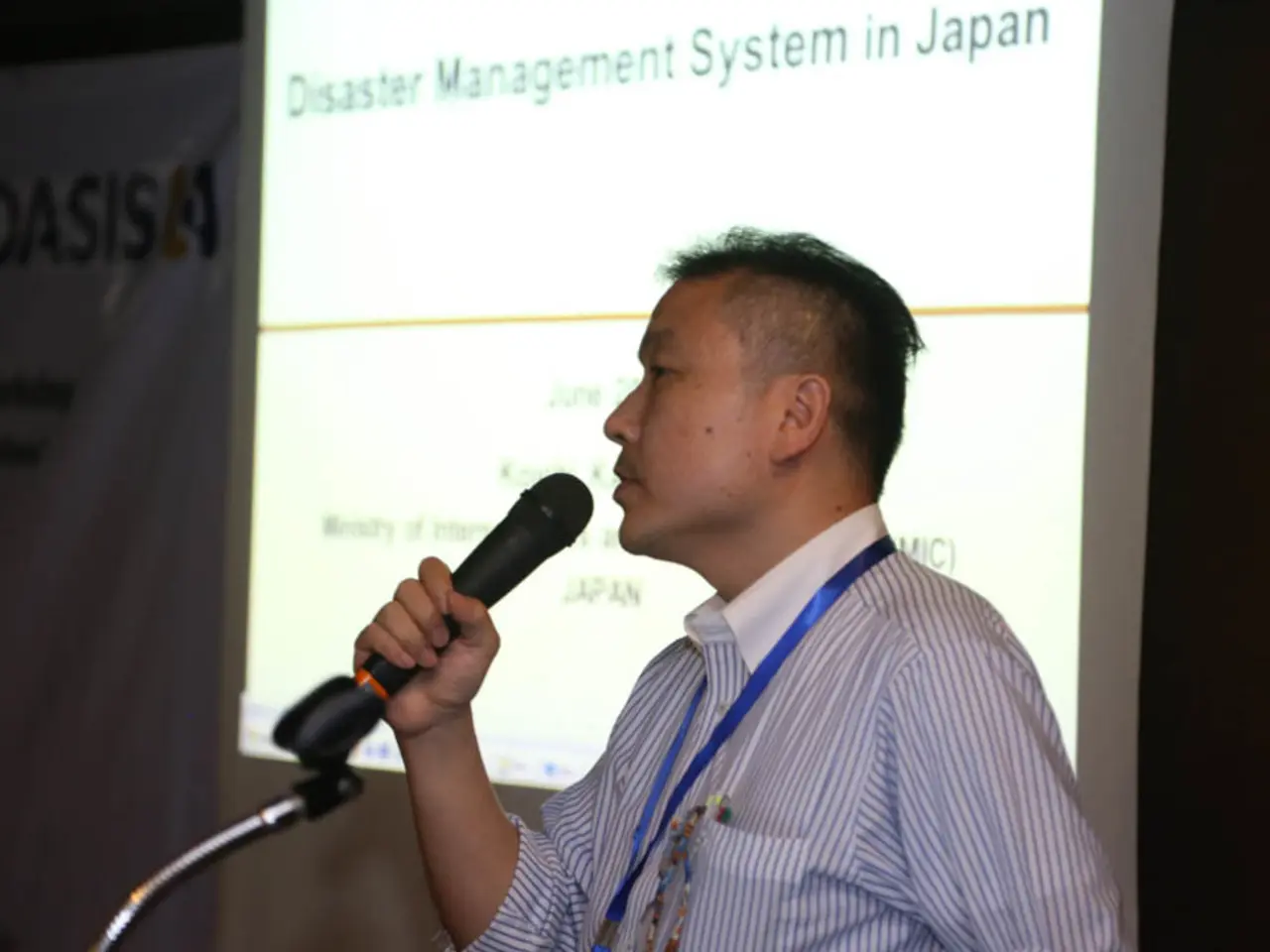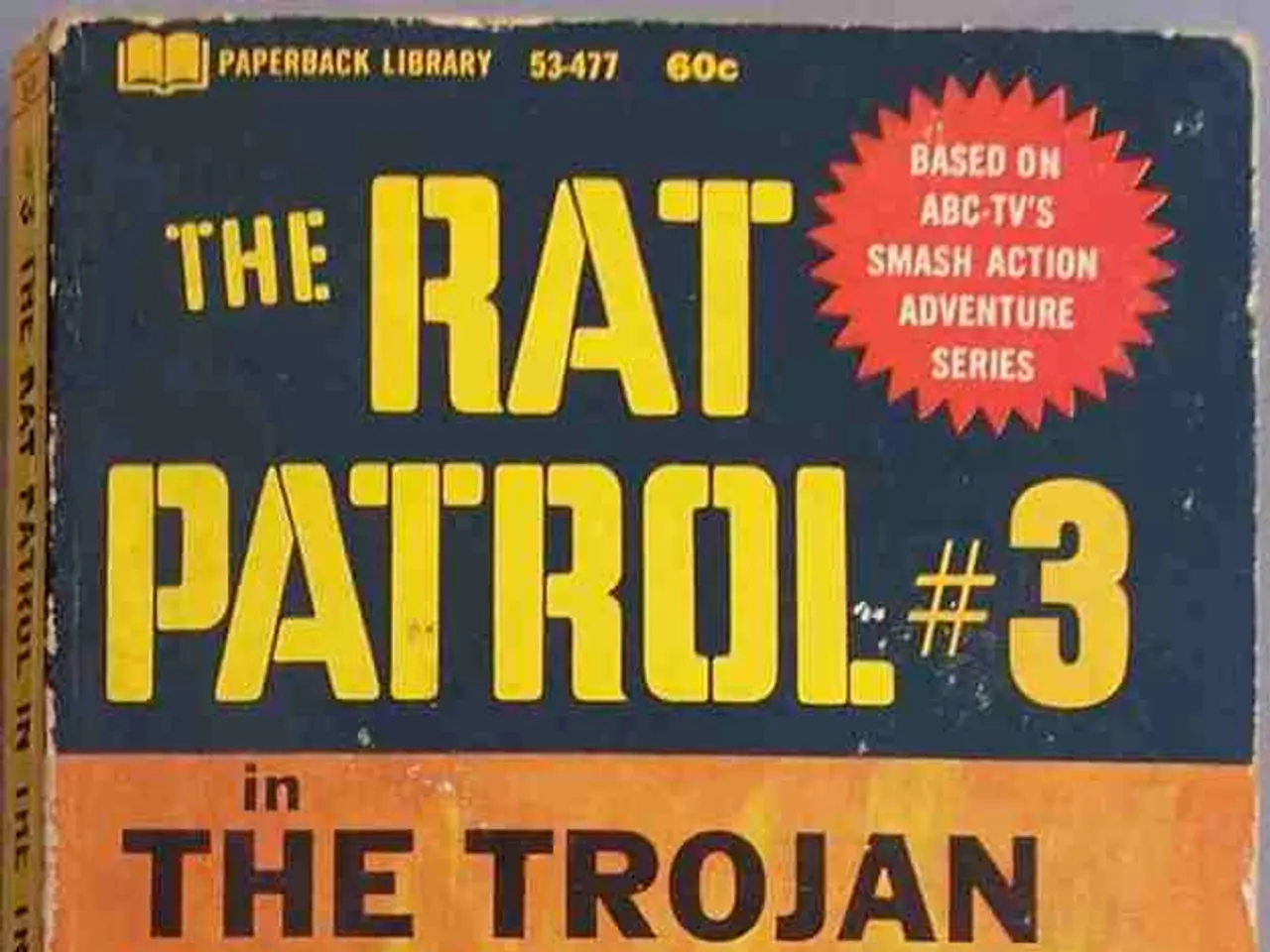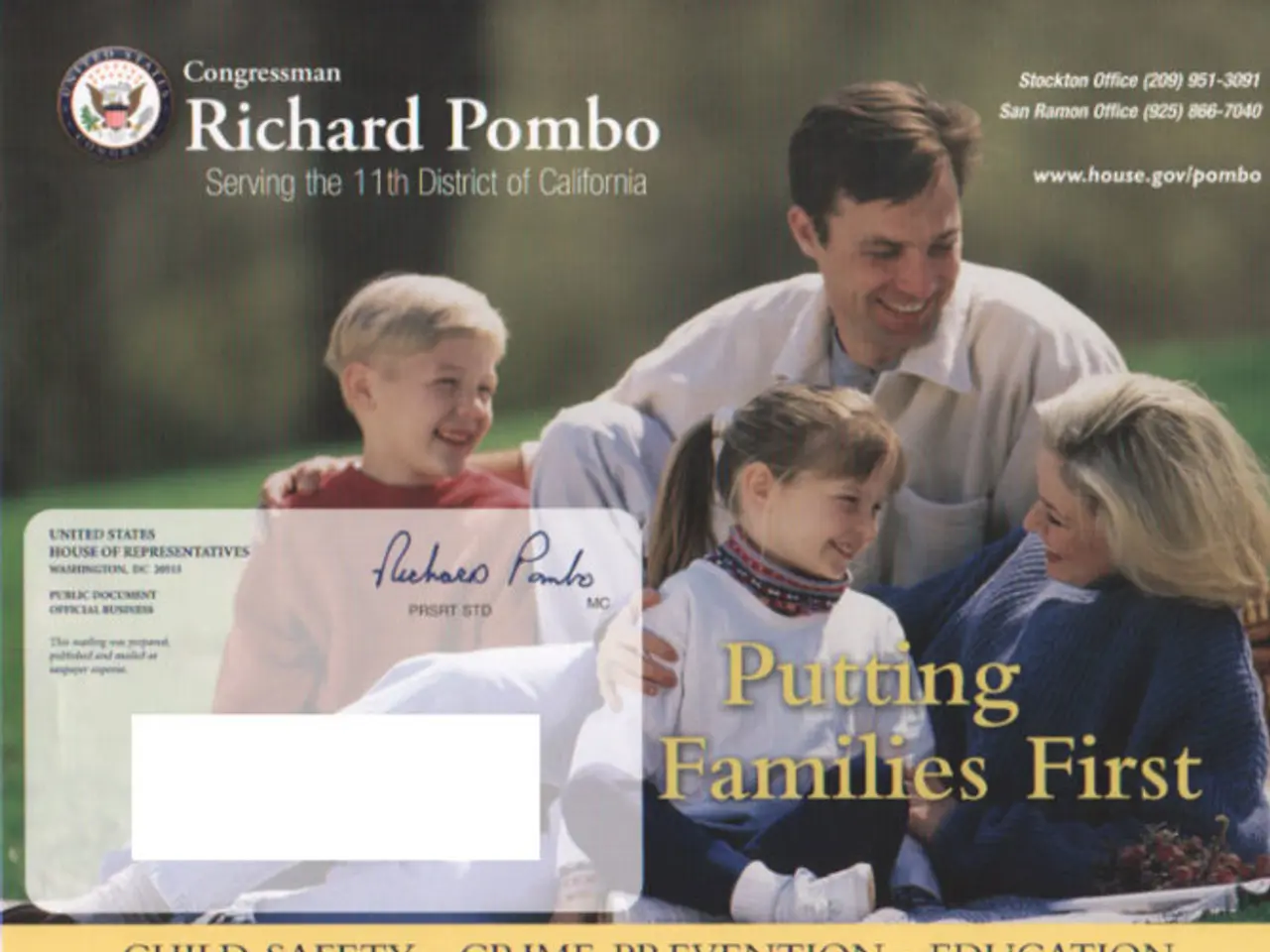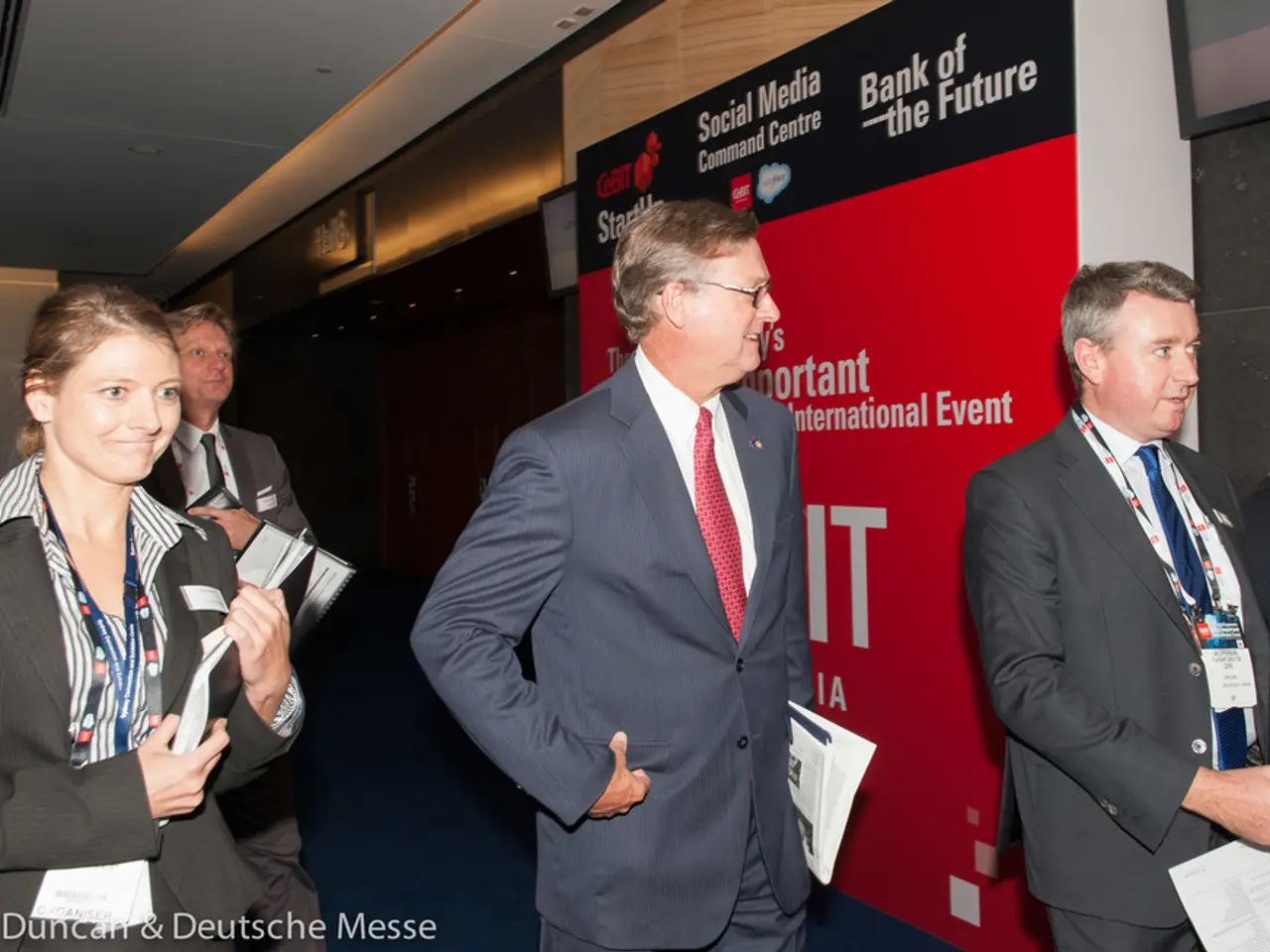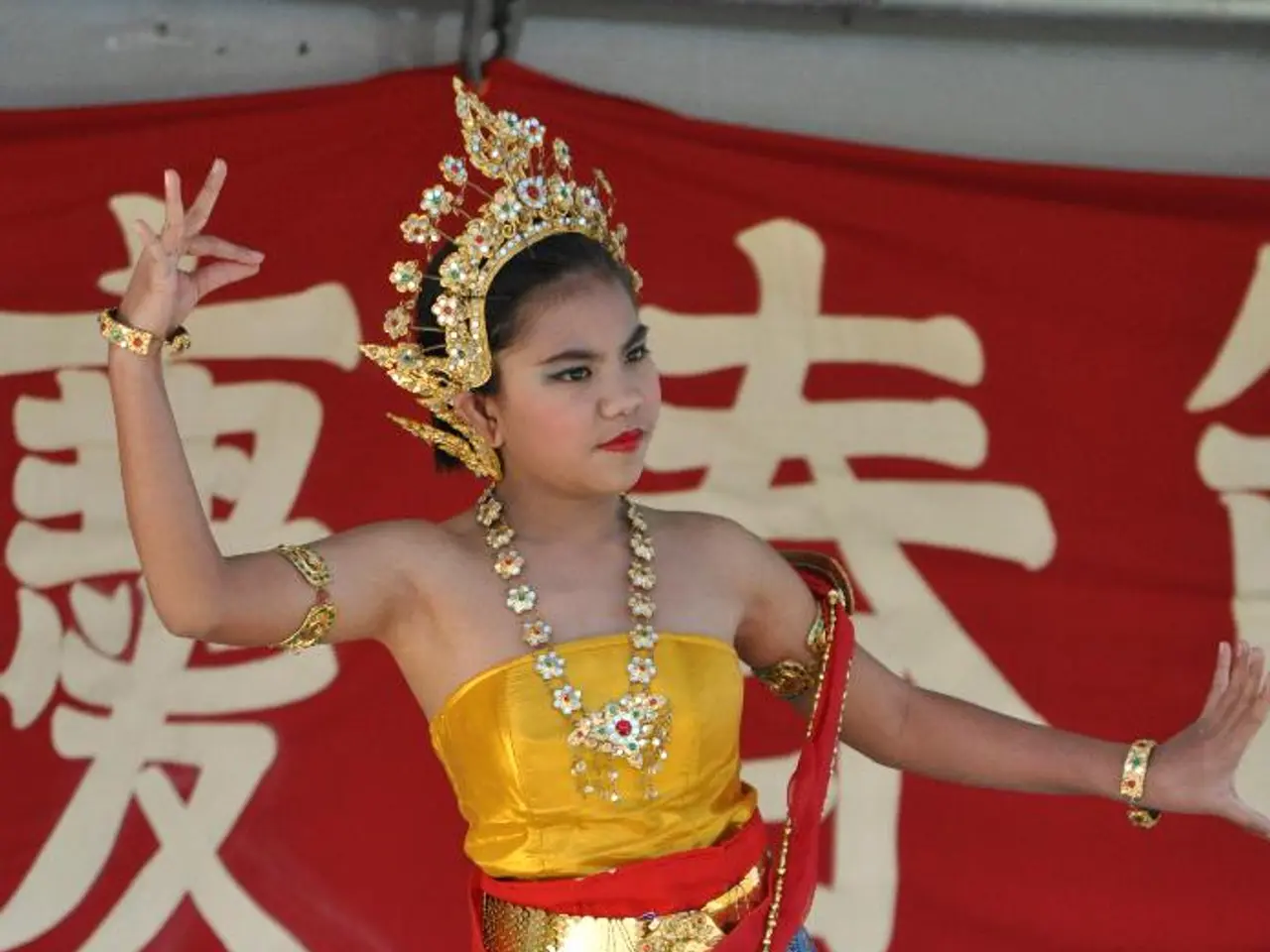Hiroshima Honors 80th Anniversary of Atomic Bomb Victims Memorial
=====================================================================
In the face of growing nuclear risks and modernization efforts, the world is making concerted strides towards a nuclear-weapon-free future. This movement encompasses a multifaceted approach, including multilateral treaties, risk-reduction measures, civil society campaigns, and diplomatic initiatives.
One of the key pillars of this effort is the Treaty on the Prohibition of Nuclear Weapons (TPNW), which prohibits the development, testing, possession, and use of nuclear weapons. As of August 2025, 73 states have ratified the treaty, and 94 have signed it. Although none of the nine nuclear-armed states are parties, the treaty provides a legal framework for disarmament and is gaining momentum towards global adoption[1][3].
Nuclear risk-reduction measures are another crucial component. These practical steps encourage states to remove nuclear weapons from high alert status, commit to no-first-use policies, and reduce the role of nuclear weapons in military doctrines. The aim is to prevent accidental or deliberate use[1].
Recent months have seen a surge in calls to halt and reverse the nuclear arms race. A coalition of civil society organizations, experts, and former officials launched a joint "Call to Halt and Reverse the Nuclear Arms Race" in July 2025. This campaign underscores the urgency of diplomacy to reduce nuclear arsenals and prevent a new arms race, especially as the New START treaty between the U.S. and Russia nears expiration[2].
International conferences and multilateral engagement also play a significant role. The 2025 World Conference against Atomic and Hydrogen Bombs in Nagasaki, held in early August, focuses on achieving nuclear disarmament through strengthening nuclear-weapon-free zones, overcoming nuclear deterrence theories, promoting TPNW universalization, and cooperation between the UN, governments, and civil society[1][4]. The upcoming 2026 NPT Review Conference is seen as a critical test of nuclear-armed states' commitment to disarmament[1][4].
Advocacy for renewed arms control negotiations remains a priority. Efforts continue to urge governments, particularly the U.S., Russia, and China, to pursue follow-on agreements to New START and open new dialogues to reduce risks and move towards disarmament[5].
Scientific and expert involvement is another vital aspect. Scientific advocacy groups and researchers contribute to understanding nuclear risks, verification technologies, and global impacts of nuclear weapons use. Their independent work supports informed policymaking and public awareness[3].
These combined efforts reflect a growing global recognition of the catastrophic risk nuclear weapons pose to humanity and a shared responsibility to prevent nuclear conflict through disarmament treaties, risk reduction, diplomatic engagement, and civil society activism[1][2][3][4][5].
In a poignant reminder of the devastating impact of nuclear weapons, Hiroshima commemorated the 80th anniversary of the atomic bombing this August. The US bomber Enola Gay dropped the first atomic bomb, named "Little Boy," over Hiroshima at 8:15 AM local time. Tens of thousands of Hiroshima residents were killed instantly, and an estimated 140,000 people died in total by the end of 1945[6].
A moment of silence was observed during the Hiroshima memorial service at the exact moment of the bomb drop. Mayor Kazumi Matsui urged the younger generation to continue the fight against nuclear weapons. In a powerful testament to these efforts, the Japanese organization Nihon Hidankyo, consisting of survivors of the atomic bombings in Hiroshima and Nagasaki, was awarded the Nobel Peace Prize last year[7].
UN Secretary-General António Guterres warned that the risk of a nuclear conflict is growing again. As the world moves forward in its efforts towards a nuclear-weapon-free world, these reminders of the past serve as a stark reminder of the stakes involved and the need for continued vigilance and action.
References:
- https://www.reuters.com/world/us/global-nuclear-disarmament-efforts-gain-momentum-2021-08-02/
- https://www.armscontrol.org/act/2021-08/news/coalition-urges-halt-and-reverse-nuclear-arms-race
- https://www.icanw.org/treaty/
- https://www.un.org/disarmament/wfc2025/
- https://www.armscontrol.org/act/2021-08/news/arms-control-negotiations-remain-priority
- https://www.history.com/news/hiroshima-bombing-80th-anniversary-mourning-peace
- https://www.nobelprize.org/prizes/peace/2020/press-release/
War-and-conflicts perspectives in global politics often intertwine with the discussions on nuclear disarmament. Diplomatic initiatives, backed by numerous civil society campaigns, have increasingly focused on nuclear risk reduction and the pursuit of a nuclear-weapon-free world, drawing attention to the significance of general news relating to war-and-conflicts, politics, and nuclear weapons in shaping international agendas.
Politicians and advocates worldwide acknowledge the pivotal role of efforts such as the Treaty on the Prohibition of Nuclear Weapons (TPNW) in fomenting change, with the treaty empowering disarmament and gaining momentum towards global adoption, thereby influencing the dynamics of war-and-conflicts, politics, and general news.


